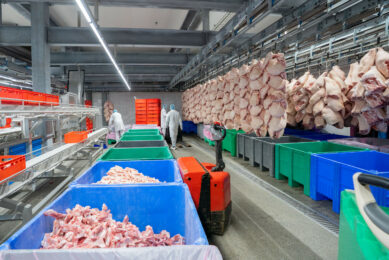Election results show Japan’s support for TPP

In a signal of support for the country’s participation in the Trans-Pacific Partnership (TPP) negotiations, voters in Japan backed (21 July) Prime Minister Shinzo Abe by returning his Liberal Democratic Party (LDP) to power in the House of Councillors of the National Diet. Abe strongly supports the TPP.
In December, the LDP regained control of the lower House of Representatives from the Democratic Party of Japan (DPJ), the major opposition party. [Last month, the LDP also took control from the DPJ of the important Tokyo Metropolitan Assembly.]
Japan is set to enter the TPP talks this week as negotiators from countries currently in the regional trade negotiations near the end of an 11-day round in Malaysia. The TPP now includes the United States, Australia, Brunei Darussalam, Canada, Chile, Japan, Malaysia, Mexico, New Zealand, Peru, Singapore and Vietnam.
The TPP negotiations are strongly supported by the US pork industry, according to the National Pork Producers Council.
“The election results show Japan’s support for the TPP,” said NPPC President Randy Spronk, a pork producer from Edgerton, Minn. “And that’s important because having Japan in a final agreement is critical to the US pork industry.”
Japan is the top value export market for U.S. pork, accounting for almost $2 billion in 2012 sales, and its economy is second only to China’s in the region. Japan is the fourth largest US agricultural export market overall, with 2012 U.S. food and agricultural exports to the country totaling $13.5 billion.
“TPP with Japan in it represents the single most important trade negotiation ever for the US pork industry and for most of US agriculture,” said Spronk.











